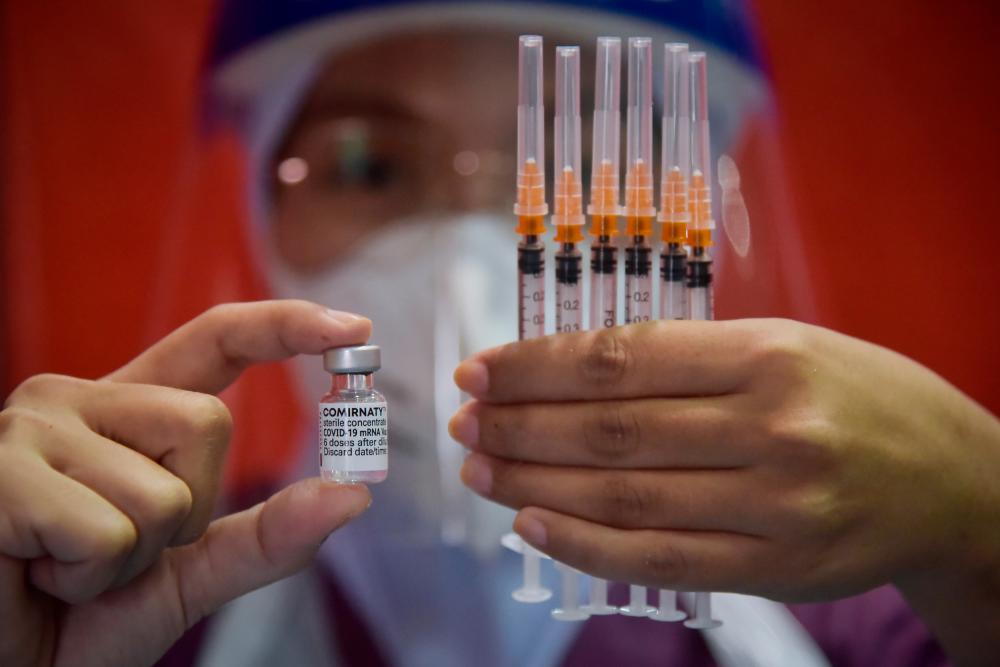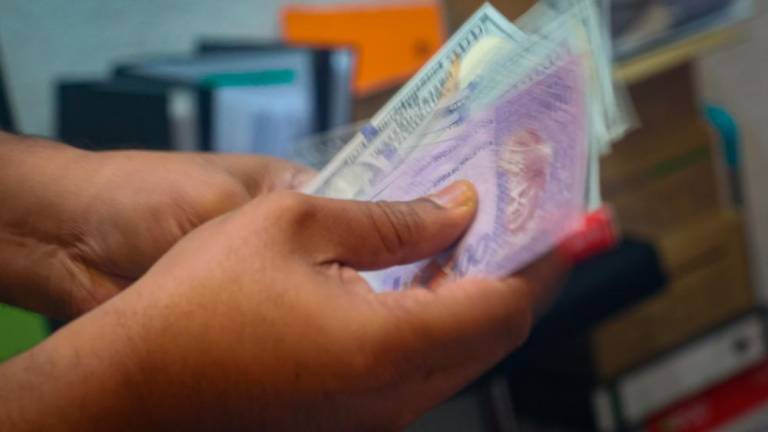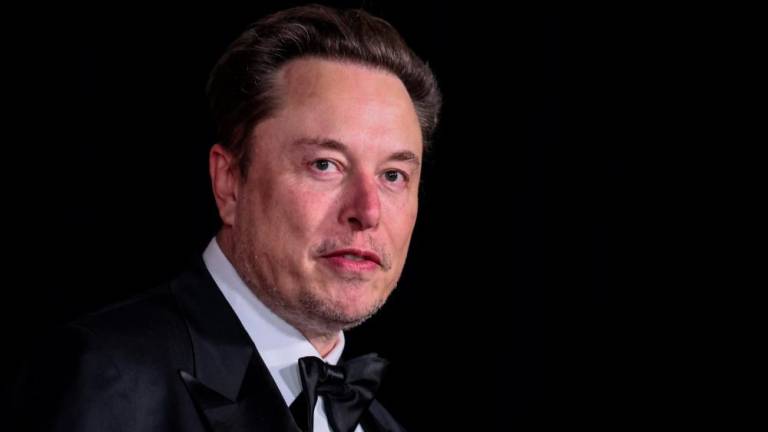PETALING JAYA: Malaysia is unlikely to achieve herd immunity in the Covid-19 war.
As such, a change in strategy to focus more on preventing serious illness and death from the infection is the right way to go, said founder and chief executive officer of The Galen Centre for Health and Social Policy, Azrul Mohd Khalib.
He outlined several factors, which he said would make it unlikely, if not impossible, for Malaysia to achieve herd immunity.
Firstly, he said it is still unclear if the vaccines being used now will prevent infection and transmission of the virus. “The vaccination drive is uneven across the population even as new variants of the virus continue to emerge,” he told theSun.
Finally, how long the protective properties of the vaccine will last remains unknown.
Based on these factors, he said it would be the right move to switch focus from achieving herd immunity to preventing a more severe manifestation of the infection.
Coordinating Minister for the Covid-19 National Immunisation Programme Khairy Jamaluddin had stated last week that the government’s priority has already shifted from achieving herd immunity to getting as many people as possible vaccinated.
During an online discussion, Khairy said Covid-19 “may very well be endemic” so it will stay for quite some time but in a less threatening form.
Azrul said that unlike other infections, the threshold for achieving Covid-19 herd immunity is still unknown.
“If the vaccines being used are effective in preventing infection and transmission of the virus to others, then herd immunity is a real objective,” he said.
While the mRNA vaccines have proven to be effective in preventing people from getting infected, he said it was still unclear if they could curb the spread of the virus within the community.
“We cannot have herd immunity when this is unknown,” Azrul said.
As such, the focus should be on protecting those who are infected from becoming seriously ill or dying.
“People will still get infected but with vaccination, they will be able to weather the storm and recover, as though they have the flu,” he added.
He said humanity would probably have to live with Covid-19 for the foreseeable future as it has with influenza.
“This is what the future looks like, if Covid-19 becomes endemic,” he said.
Consultant paediatrician and neonatologist Datuk Dr Musa Mohd Nordin explained that the threshold for herd immunity varies from one infection to another.
“For instance, we need to have at least 95% of the population immunised against measles so that the remaining 5% can be protected even without vaccination,” he said.
The threshold for polio is about 80% but that for Covid-19 is yet to be determined.
Musa agreed that the better option is to ensure that more people are vaccinated to ensure protection against serious illness if they are infected.
“We should not be trapped in the polemics of herd immunity. The faster we drive the vaccination, the wider the coverage will be, and therefore more people will be protected,” he said.
Musa also warned against comparing Covid-19 with the flu as they are two different viruses with unequal levels of virulence.
He said the flu virus has an R0 (reproduction number) of only 1.3 while for the CoV (coronavirus) it is two to three and for the Delta variant it is six to eight.
That means one person with the flu virus is likely to infect fewer than two others, while another person with the Delta variant can infect six to eight other persons.
He said only 2% of flu patients are likely to need hospitalisation compared with 20% of Covid-19 patients.
The death rate is also higher, at 1% to 3.4% for Covid-19 but only 0.1% for the flu.














